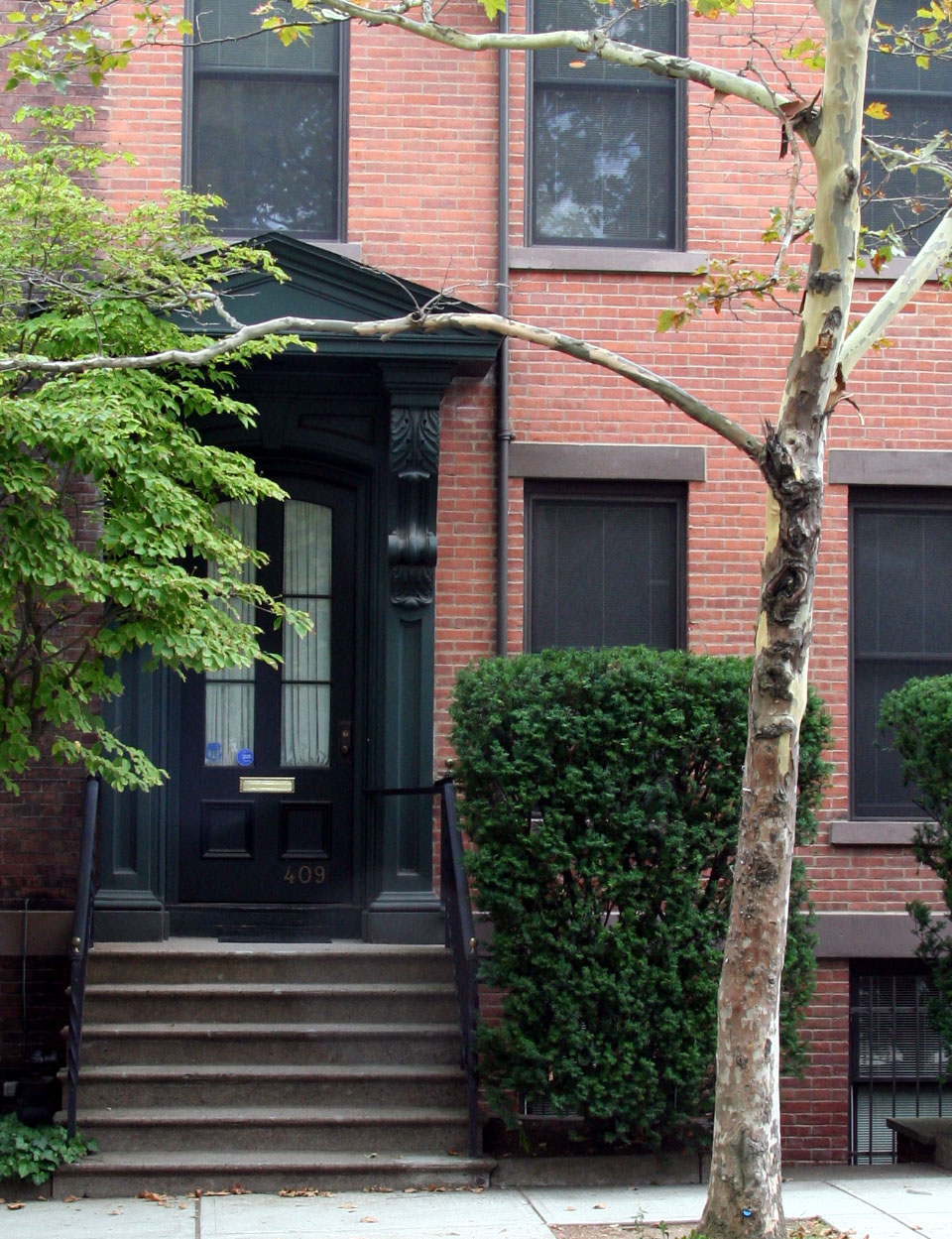May 15, 1915. · Folkestone [England]
by [Lusitania]: Beattie, Allan
Folkestone [England], May 15, 1915.. [12]pp. Pen and ink on letterhead of Coman's Hotel, 21 & 23 Castle Hill Avenue. 15 lines per page (approximately 750 words). Quarto. With typed transcript. Old folds, large pinhole in top center margin. Old envelope of Lewis-Clark Hotel, Lewiston, Idaho, with "Allan Beatty's letter" in ink. Fine. In a half morocco and cloth box, leather labels. A dramatic and detailed account by a survivor of the sinking of the Lusitania. Allan Beattie, eighteen, of Winnipeg, travelling Second Cabin with his mother Grace, was sitting on the hurricane deck when the ship was struck. "I got an awful smash in the back from the water and was thrown about thirty feet on my face. I got up and ran down stairs people were pouring up from the decks below and I caught sight of Mother. I ran up to her and kissed her goodbye, then I lost her for a while....I thought to myself I haven't much of chance if I don't get a life belt so I thought a minute and then rushed down to my own stateroom and grabbed my own belt....I had to hang on the side of my bed to get a hold of it. The lights were practically all out." He gave away the first life belt he found, then went down three decks to his stateroom to get his own life belt. Returning topside despite "a pretty hard time," he met his mother again. "She says, 'I am not nervous I don't think there is much danger do you?' I replied that 'It looked about as bad as it could' and I told her to take my life belt but she refused, I made her put it on after promising that I would get another. I kissed her goodbye again and just as I got the top straps of her life belt tied, the boat went down. I was sent sliding the whole width of the deck." Allan was flung free, and was soon picked up by a life boat. He describes how the boat soon became perilously crowded. When another boat was located, survivors were shifted across. In due course his boat was rescued by the Flying Fish, and the survivors were brought to Queenstown. Beattie (whose first name is given as "Allen" in the NEW YORK TIMES list of survivors), writes his correspondent: "Mother is gone, and altho we have not heard of her I don't think that she can be alive." Beattie appears to have been one of the Lusitania survivors who were profoundly traumatized by the incident. He was rejected from military service because of poor eyesight and was reported to have suffered a series of breakdowns beginning in 1920, and was unable to hold steady employment. A remarkable, detailed narrative by a survivor of one of the most notorious maritime disasters of the 20th century, written in the immediate aftermath of the event, by a young man whose actions show proof of calmness in the tumult. (Inventory #: WRCAM42260)



